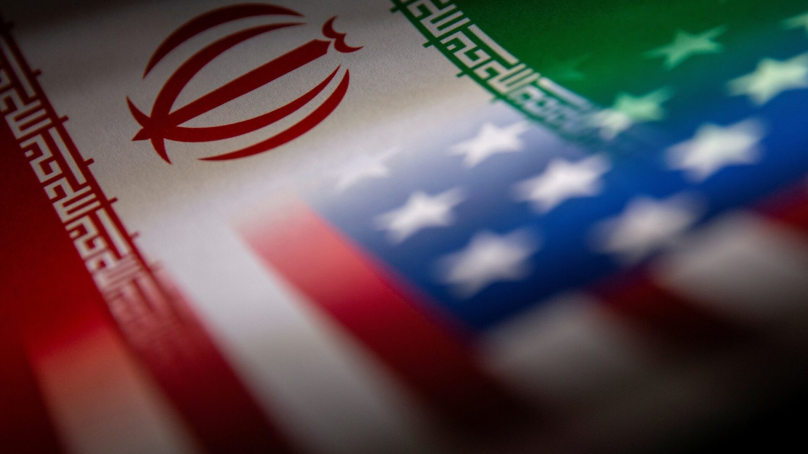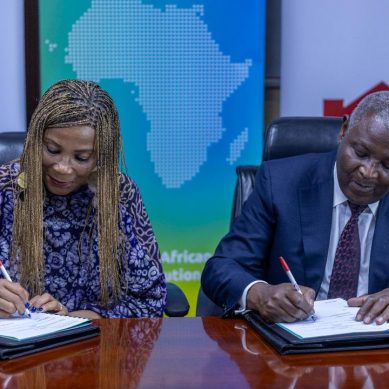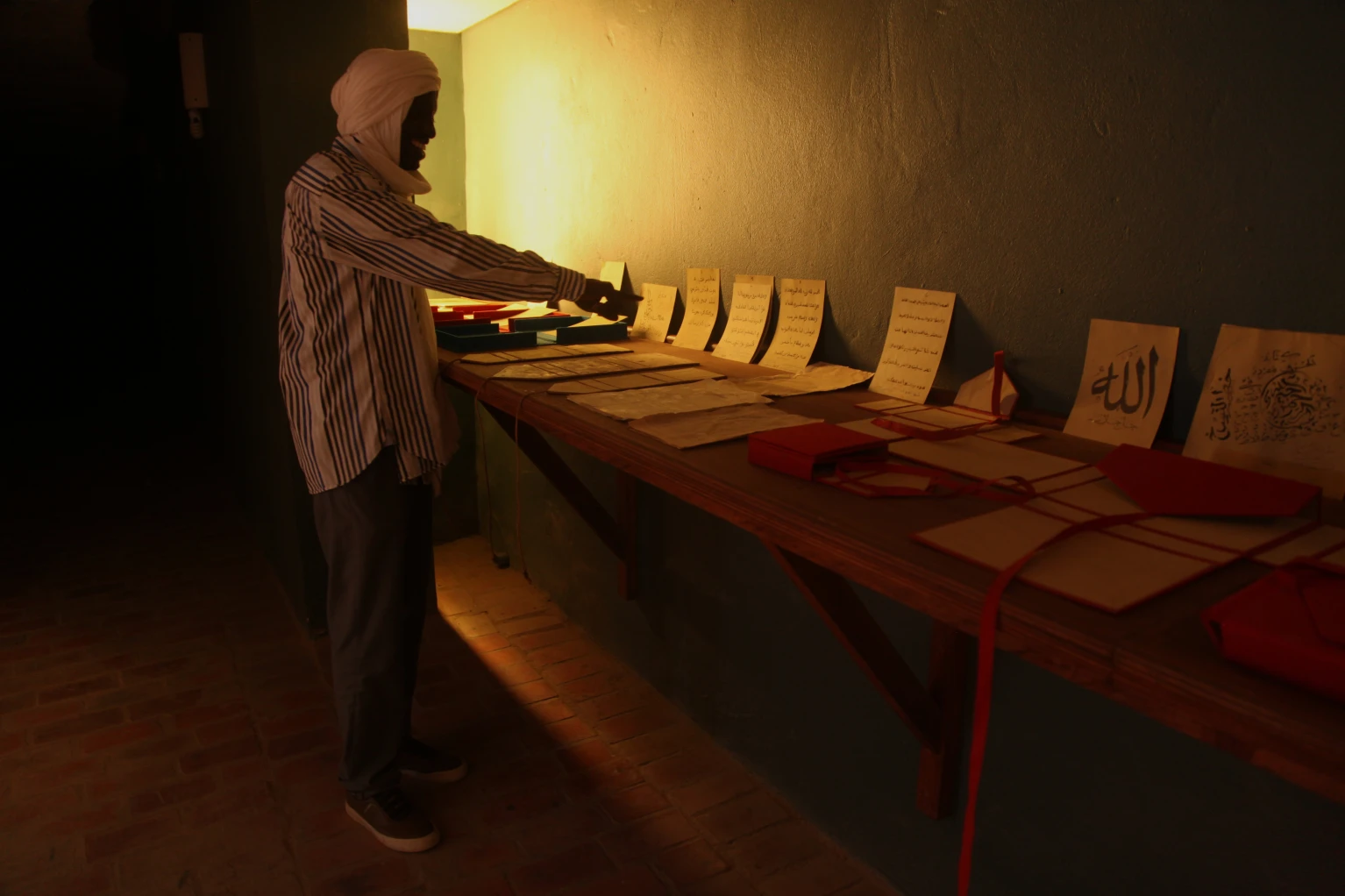
Iraqi fuel oil exports are on track to hit an all-time high above 18 million tonnes this year, according to industry sources and ship-tracking data, more than double exports in 2021.
To create surplus fuel oil for export, some of the asphalt plants involved in the network overstate their needs when requesting official fuel oil allocations. Others exist in name only, meaning their entire allocations can be diverted for export, according to the five sources and intelligence reports.
Central to the scheme is the State Company for Mining Industry, which operates asphalt plants as a joint venture with private companies, the sources said. It was originally established to boost local industries, such as flancoat production, an asphalt waterproofing material used in construction.
The state firm was singled out in one of the Western intelligence reports as coming under tight AAH control during Prime Minister Mohammed Shia al Sudani’s tenure from 2022 and being used for the export of large quantities of HSFO. Al-Thager Asphalt Industries Factory, one of the state mining company’s ventures according to its website, is used by AAH as a site for storing fuel oil, the intelligence report said.
Some of the plants allegedly involved are controlled by AAH or Kataib Hezbollah, another Iraqi militia backed by Iran’s Revolutionary Guards and designated as a terrorist organisation, opens new tab by Washington, the intelligence report said.
The State Company for Mining, Al-Thager and Kataib Hezbollah did not respond to detailed requests for comment. In a previous attempt to clamp down on the trade, Sudani’s predecessor Mustafa al-Kadhimi ordered a review of the actual operating capacity of asphalt plants, cut their allocations and raised the price of subsidised fuel to $220 per tonne from $70, according to two of the sources and the intelligence reports.
It was not possible to determine what prompted the crackdown.
In January 2023, a few months after Sudani took over, the price was lowered to $100-$150 a ton, far below the market price for exports, estimated at anywhere between $300 and $500. The lower the price of the subsidised fuel, the higher the profit margin when exporting it on the international market.
Sudani’s government also expanded licensing for asphalt plants to include 37 new projects, a near-doubling of the industry almost overnight, one of the sources said. All of the sources said some of the projects were fictitious, suggesting they were just ploys to get fuel oil allocations for export.
The allocation of fuel oil is determined by Sudani’s office through its National Operations Command (PM-NOC). The Oil Products and Distribution Company (OPDC) is then tasked with processing fuel movement requests, which include vehicle numbers, cargo volumes and specifications, and identifying information for each driver and truck.
The fuel oil movements are reviewed by the PM-NOC and approved with memos that let trucks pass through various checkpoints manned by Iraq’s oil police, three sources said.
PM-NOC, OPDC and Iraq’s state oil marketing company SOMO, the body responsible for exporting Iraqi fuel oil, did not respond to requests for comment. Once diverted from the plants, the fuel oil takes one of the two routes, both involving forged documentation, the five sources said.
Some of the Iraqi fuel is exported directly through Iraq’s southern ports with falsified documents listing it as other products, such as vacuum residue or flancoat, both byproducts of refining that can be shipped legitimately.
The state mining company, which owns a network of heavy fuel oil blending facilities across Iraq, is authorised to transport fuel oil between them and export flancoat, one of the intelligence reports said.
The second route involves blending the illicit fuel oil with similar Iranian fuel and passing it off as purely Iraqi, again with falsified documents, to help Tehran skirt tough sanctions Western nations have imposed on its energy exports.
The southern Iraqi city of Basra has emerged as the heart of the blending operations, with Khor Al Zubair and Umm Qasr ports key export points for the illicit fuel, the five sources said.
It was not possible to determine whether the authorities in the ports were aware of the smuggling operation. The blending is done by Iraqi engineers, typically during ship-to-ship transfers, and the fuel oil is then shipped to clients mainly in Asia, two of the intelligence reports said.
The operation is made easier by the similarity between Iraqi and Iranian fuel oil grades and it is difficult to determine scientifically that blending has occurred after the fact, one of the people said.
Iraq’s port authorities did not respond to requests for comment.
In July, Sudani’s government ramped up the price of subsidised fuel oil to $369 per tonne, recommended cutting asphalt plant allocations to about 60 per cent of their capacity and also ordered a review of their actual capacity.
It was not possible to determine why the government launched the review, or the outcome. Three of the sources said the move was an attempt by the government to distance itself from the smuggling operation.
Sudani’s representatives did not respond to requests for comment.
Subsidised prices have been inching back down since August and are now $228 to $268 a tonne.
- A Reuters report







